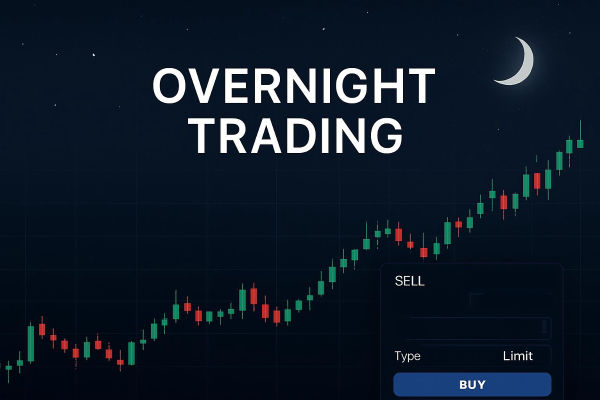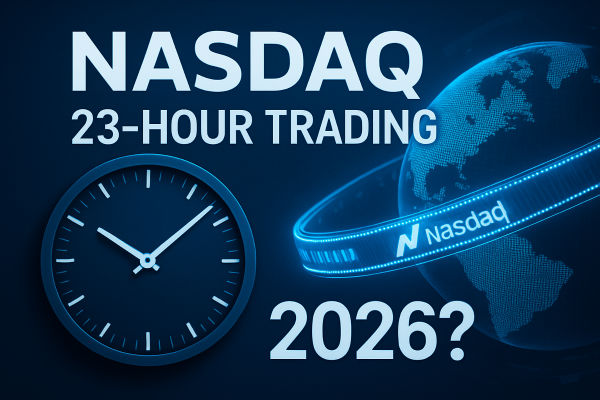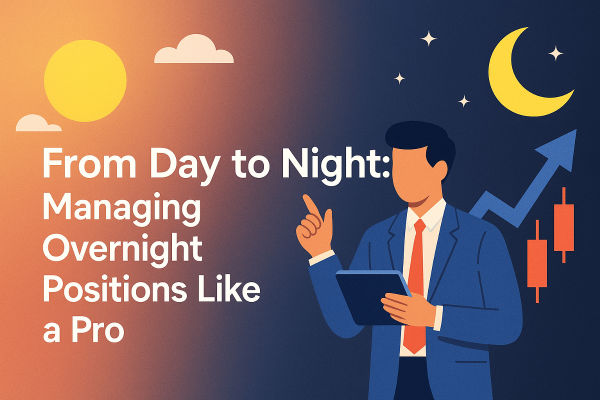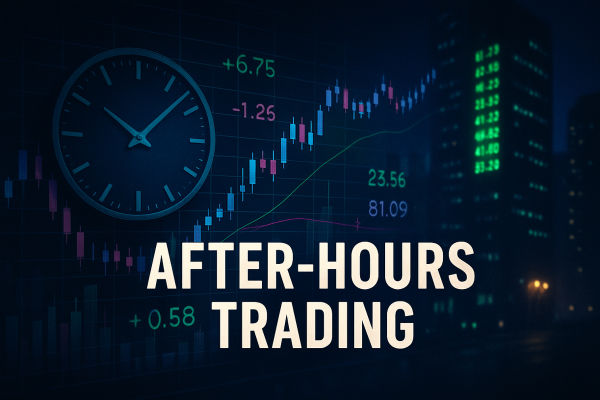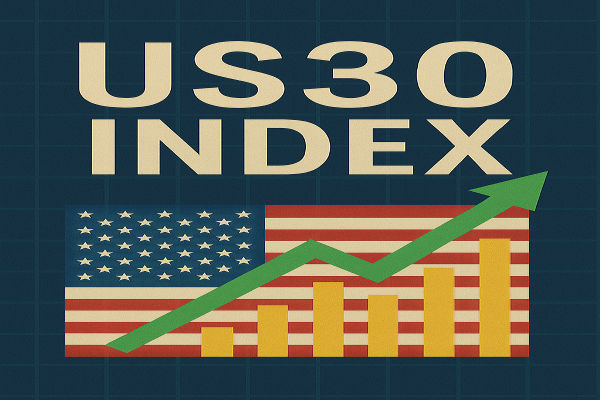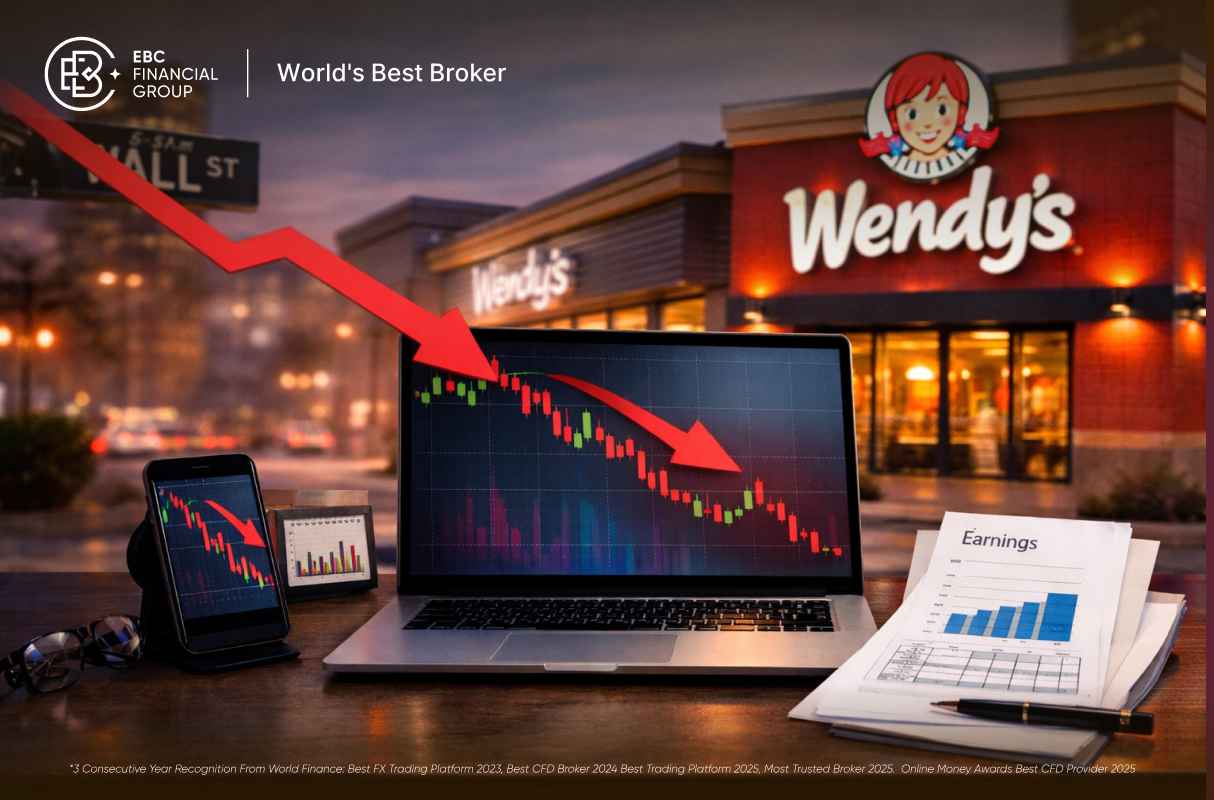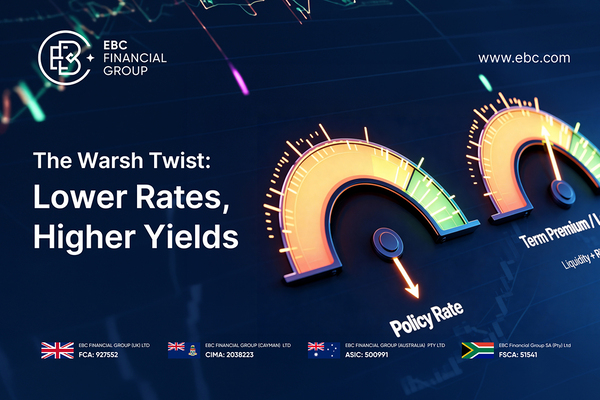Overnight trading involves buying or selling financial instruments outside of regular market hours. For example, in the U.S., the stock market usually runs from 9:30 a.m. to 4:00 p.m. Eastern Time.
However, overnight trading allows traders to place orders before or after these hours. For example, pre-market trading typically runs from 4:00 a.m. to 9:30 a.m. ET and after-hours trading generally spans 4:00 p.m. to 8:00 p.m. ET.
Simply put, overnight trading represents the gap between after-hours close and pre-market open, from 8:00 p.m. to 4:00 a.m. ET.
What Is Overnight Trading?
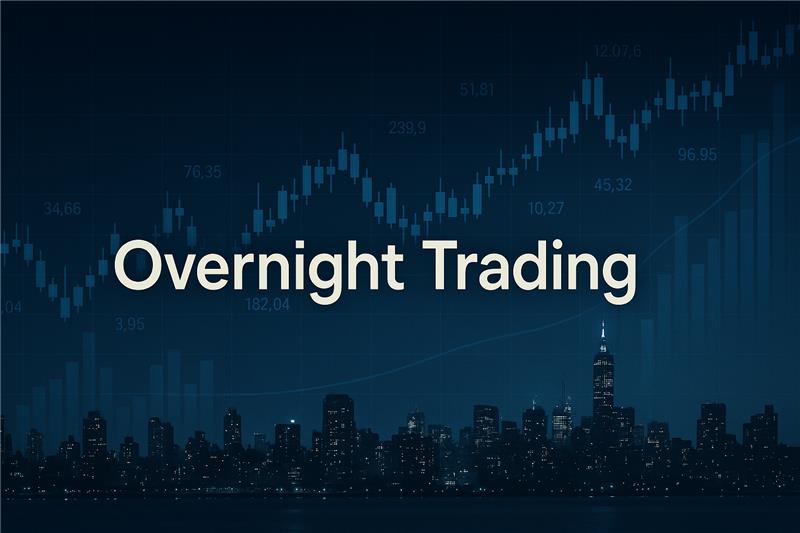
As mentioned above, overnight trading involves executing buy or sell orders after the official closing time of an exchange and before it reopens the next day. Depending on the asset class, it can include:
Extended-hours stock trading: Pre-market (before 9:30 a.m. ET) and after-hours (after 4:00 p.m. ET) sessions.
Forex trading: As the forex market functions around the clock, traders can establish positions overnight according to their local time zone.
Futures trading: Many futures contracts, including commodities and indices, trade almost 24 hours a day, making them suitable for overnight strategies.
The key concept is that overnight traders aim to capitalise on price fluctuations influenced by global news, earnings releases, and economic reports that occur outside standard trading hours.
Overnight Trading vs Day Trading
It's useful to compare overnight trading with traditional day trading:
Day trading emphasises short-term positions that are closed during regular hours, featuring increased liquidity and narrower spreads.
Overnight trading capitalises on worldwide events beyond standard hours, presenting increased risks along with the possibility of distinct opportunities.
Many traders combine both approaches, using day trading during regular hours and reacting to major global news in overnight sessions.
How Overnight Trading Works
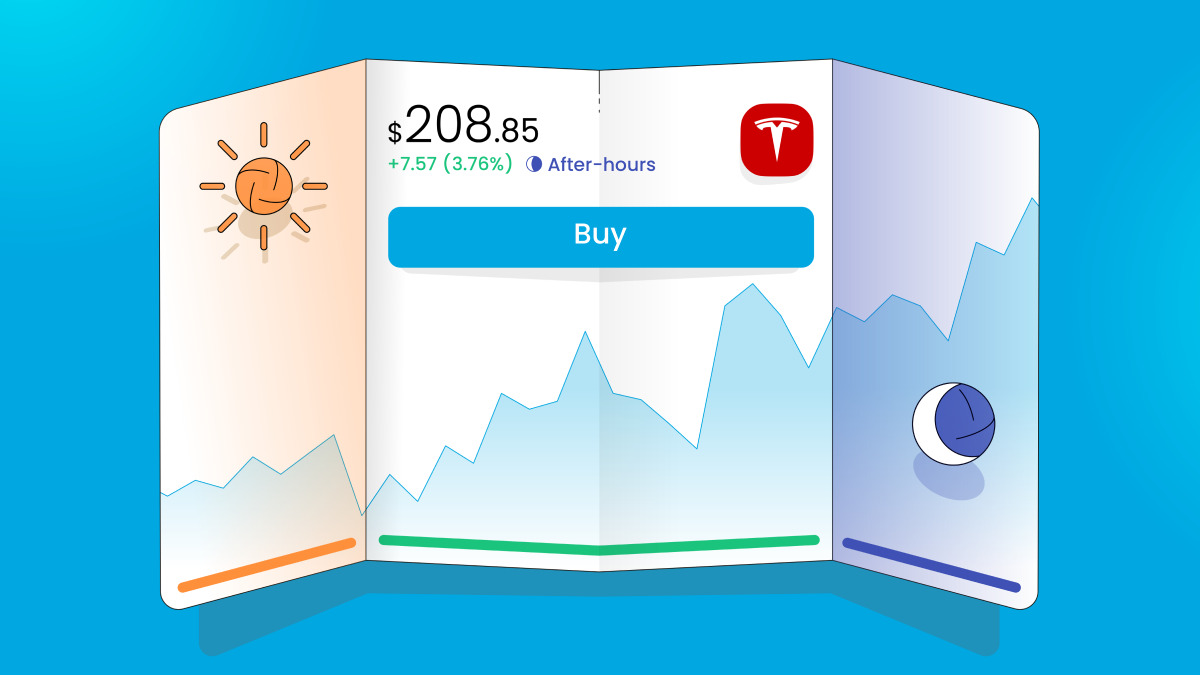
Overnight trading typically occurs on electronic communication networks (ECNs), connecting buyers and sellers directly without requiring conventional exchange floors.
Here's how it works step by step:
Market closes: At the end of the regular trading session, orders for overnight trades are routed to electronic platforms.
Order matching: ECNs match buy and sell orders from participating traders.
Liquidity providers: Liquidity is provided by institutional traders, hedge funds, and certain brokers to support ongoing trading.
Price discovery: With fewer participants, prices may move sharply due to lower order volumes.
Market reopens: At the start of the next regular session, overnight price changes can result in opening gaps.
This system enables traders to respond promptly to global events, rather than waiting until the next day.
Key Factors That Influence Overnight Trading
1. Global News Events
Political events, conflicts, or unexpected policy announcements from major economies can shift market sentiment overnight.
2. Economic Data Releases
Reports such as inflation figures, employment data, or GDP growth often occur outside local market hours.
3. Earnings Announcements
Public companies frequently release earnings reports after the market closes, creating immediate price reactions in after-hours trading.
4. Foreign Market Performance
If Asian or European markets rise or fall sharply, U.S. and other regional markets may adjust overnight.
Why Traders Use Overnight Trading
Overnight trading appeals to traders for several reasons:
Reacting to news quickly: Earnings reports, central bank announcements, or geopolitical developments often occur after regular hours.
Global market access: Due to varying time zones, traders can synchronise their strategies with the openings of Asian or European markets.
Short-term opportunities: Volatility tends to be higher, which creates opportunities for rapid profit-taking.
Convenience: Some traders with daytime jobs prefer to trade in the evening or early morning hours.
Overnight Trading Strategies
1. News-Based Trading
Traders monitor financial calendars and news feeds to react to breaking developments. For example, if a tech company reports stronger-than-expected earnings after the bell, overnight traders may buy shares before the next day's opening gap.
2. Gap Trading Strategy
Traders anticipate gaps between the previous close and the next open. They may buy if they expect an upward gap or short-sell if negative news is likely to cause a downward gap.
3. Forex Overnight Carry Trade
Some traders hold positions overnight to earn interest rate differentials between currencies. This strategy benefits from overnight swaps if the higher-yielding currency is bought.
4. Overnight Futures Trading
Futures traders use overnight sessions to hedge against global risk or speculate on international market moves.
Is Overnight Trading Suitable for Beginners?

Overnight trading can be risky for beginners because of fluctuating prices and reduced liquidity. However, with practice on demo accounts, careful risk management, and a focus on learning, beginners can gradually explore after-hours markets.
Seasoned traders frequently utilise overnight sessions to enhance their strategies, rather than relying on them as their sole trading method.
Practical Tips for Beginner Overnight Traders
Start small: Begin with small positions to get familiar with liquidity conditions.
Stay informed: Follow after-hours earnings, central bank announcements, and global economic reports.
Use limit orders: Market orders can be risky due to thin liquidity.
Avoid overtrading: Not every piece of news requires action, pick trades carefully.
Review gaps: Analyse how overnight price movements affect next-day openings to refine strategies.
Frequently Asked Questions
Q1. Is Overnight Trading Profitable?
Yes, overnight trading can be profitable if traders correctly anticipate price movements caused by news, earnings reports, or global events.
Q2. What Time Does Overnight Trading Start and End?
In U.S. stocks, overnight trading usually includes pre-market hours (4:00 a.m. to 9:30 a.m. ET) and after-hours trading (4:00 p.m. to 8:00 p.m. ET).
Q3. Which Markets Are Best for Overnight Trading?
The most popular markets for overnight trading include U.S. stocks during pre-market and after-hours sessions, forex due to its 24-hour nature, and futures, such as commodities and indices, that trade nearly round-the-clock.
Conclusion
In conclusion, overnight trading is an effective method to seize opportunities outside standard market hours. It enables traders to swiftly respond to news, earnings, and global market fluctuations.
However, it also carries risks such as liquidity challenges and sudden gaps. The best approach is to start cautiously, develop a disciplined strategy, and focus on managing risks effectively.
Disclaimer: This material is for general information purposes only and is not intended as (and should not be considered to be) financial, investment or other advice on which reliance should be placed. No opinion given in the material constitutes a recommendation by EBC or the author that any particular investment, security, transaction or investment strategy is suitable for any specific person.
